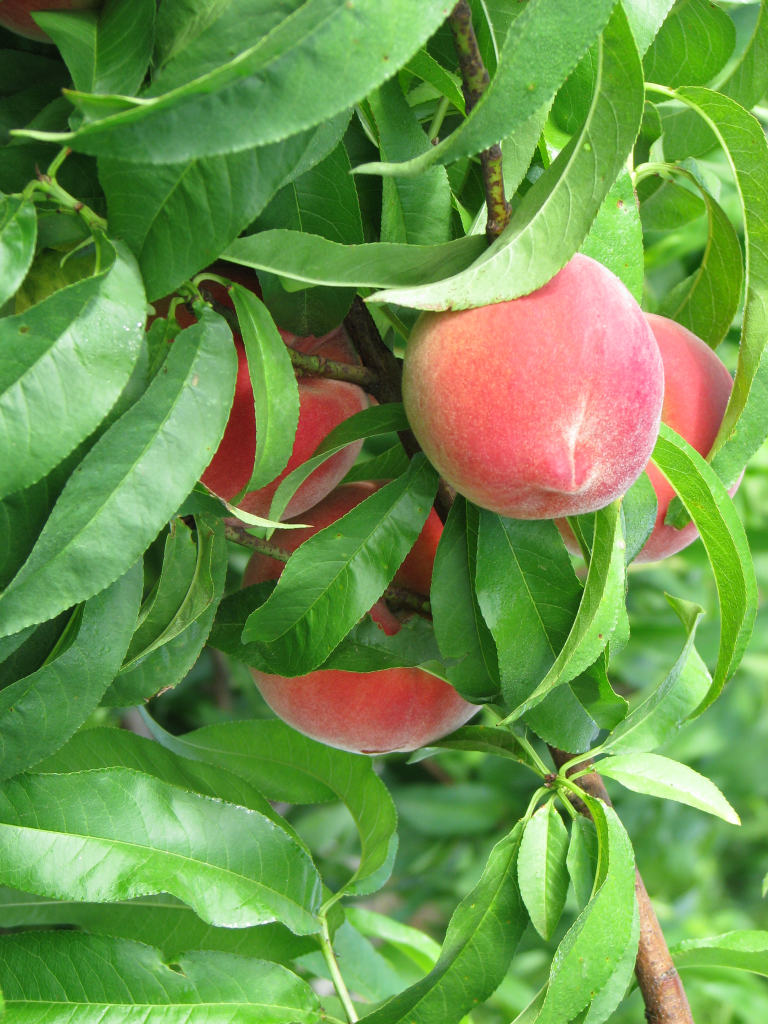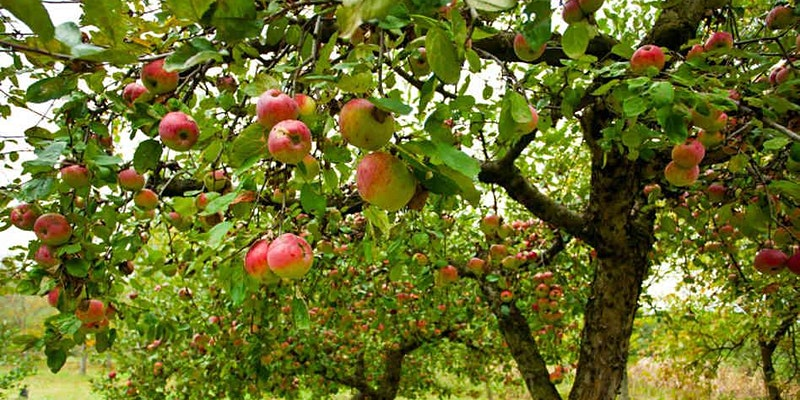Clemson Extension agents provide crop updates in The South Carolina Grower this week about the status of various crops being produced throughout the state.

Coastal Region

Rob Last reports, “Some welcome rainfall last week will help establish cucumbers and watermelon. Cucumber beetles are present in a large number of fields at present. While this is the first flux of the beetles managing the pest now can pay dividends for protecting the crop. The neonicotinoids applied through drip systems can effectively offer a longer control period. Dinotefuran is also very effective either as a foliar spray or through the drip.
Some earlier planted watermelons are displaying vine run, so now would be an excellent time to consider beginning the disease management program. Do not mix copper and chlorothalonil if you are looking at copper applications for bacterial fruit blotch. The safer alternative is mancozeb.
Blueberries and strawberries are all coming to market with good quality and volumes. Botrytis and anthracnose are apparent in most strawberry crops. Remember to keep rotating fungicides with different modes of action and also practice good hygiene and sanitation.”

Midlands
Sarah Scott reports, “We are drying out some, and field conditions are improving. Peaches are developing nicely, however, we are noticing fruit that isn’t developing to correct size in some early varieties, due to damage from freeze events. The mid-to-late-season varieties still look nice though and overall there should be a good crop this year. Fertilizer applications are going out. Remember to maintain spray schedules and fertilizer regimens even in fields with low yield potential. The goal is a healthy tree and you want to set up next year’s crop for success even if there isn’t much of one this year.
In strawberries, botrytis has been showing up in the past week most likely due to wet and warm conditions. Remember that Clemson now offers fungicide resistance testing at the plant diagnostic clinic. Contact your local agent and ask for details if you feel you are having more botrytis break through than usual, or if you just want to test for resistance in the products you are applying.”

Upstate
Kerrie Roach reports, “Warmer temperatures and dry weather over the last week have really started to get things going in the upstate. Cold temperatures from a few weeks ago did not damage the apple crop as much as projected. Early varieties like mutsu were bitten significantly by the cold, but most other varieties are okay. Peaches took a harder hit, but it appears as though Elberta made it through the cold unscathed.
After the next week, it is finally time to plant our warm season vegetable crops. Many growers are staggering planting with some early-, mid-and-late-plantings with hopes of making it through without another killing frost.”










